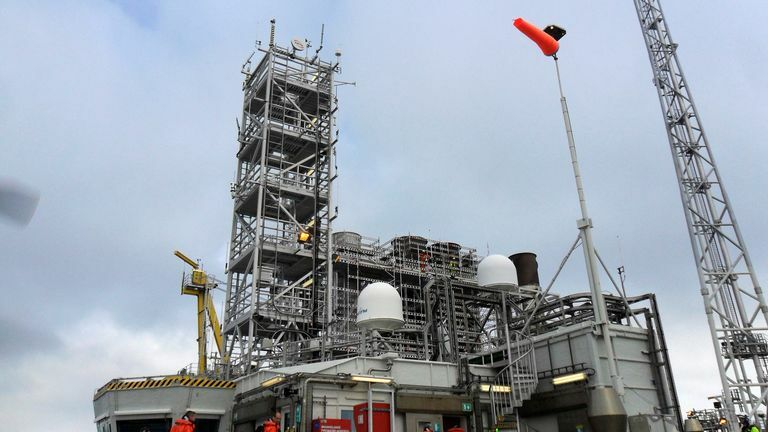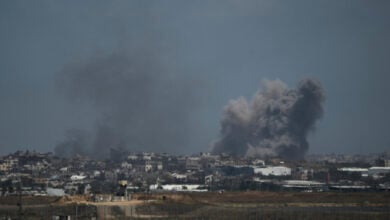Windfall tax to end in 2028 if oil and gas prices drop

The UK government has announced plans to terminate the windfall tax on exceptional oil and gas profits in 2028, provided that prices decrease. This decision comes after fossil fuel corporations warned of reduced investments. The windfall tax, which accounts for 75% of North Sea oil and gas production profits, will persist for the next five years. However, if prices drop to historically normal levels for six months, the tax rate for oil and gas firms will revert to 40%. Prices had soared to historic highs following the invasion of Ukraine, leading to record profits for oil and gas producers such as Shell and BP.
Companies are not subject to the full 75% or 40% rate, as they can offset tax liabilities on their investments. Although the windfall tax included an investment allowance, the government stated that if it did not end when prices decreased, the long-term future of the UK’s domestic oil and gas supply would be jeopardised, resulting in increased imports from abroad. The windfall tax, also known as the energy profits levy, has raised approximately £2.8 billion so far and is expected to generate nearly £26 billion by March 2028. The funds raised have been used to support household energy initiatives such as the energy price guarantee, which caps typical domestic energy bills until the end of June.
Over two years ago, the International Energy Agency stated that no new oil and gas projects could be developed if the world were to remain within safe climate change levels. However, the Treasury argued that it would be “irresponsible to turn off the North Sea taps overnight.” According to Gareth Davies, exchequer secretary to the Treasury, without oil and gas from British waters, the UK would be forced to import even more from overseas, putting the security of supply at risk.
The tax will cease when prices fall to $71.40 per barrel of oil and 54p per therm of gas for six months. Currently, a barrel of Brent crude oil is trading at around $75, while a therm of gas is approximately 60p. The support of new oil and gas projects in the North Sea has been a contentious political issue in recent weeks. Labour has faced pressure from the GMB union and the prime minister over its policy to ban new fossil fuel projects in UK waters. Labour leader Keir Starmer stated that he would collaborate with unions to “seize the opportunities” of green energy to prevent mass job losses and avoid repeating the mistakes of the 1980s that devastated coal communities.
Industry representatives and some politicians have welcomed the announcement, but campaigners have not. Offshore Energies UK, formerly known as Oil and Gas UK, stated that more needs to be done and that the government’s plan’s details must be understood. The group emphasised the importance of a predictable and fair fiscal environment for the continued success of UK energy production, adding that the UK must be competitive to succeed in the global race for energy investment.
Labour has cautiously welcomed the policy’s end but expressed concerns about loopholes in the current tax system, which result in much of the money not being collected. Stephen Kinnock, Labour’s shadow immigration minister, stated that it is “right there is a strategy for bringing those taxes to an end when the time is right, because it should only be on the basis of un-forecast profits.”
NGO Global Witness called the policy announcement obscene, claiming that it demonstrates the government’s intention to return to business as usual as quickly as possible. A spokesperson criticised the government for doing nothing to reduce dependence on oil and gas, provide price security for consumers, or curb climate breakdown. Liberal Democrat leader Ed Davey said: “The families and businesses still suffering so much from high energy bills will not forget the failure of the Conservatives to tax the windfall profits of the oil and gas companies properly.”








